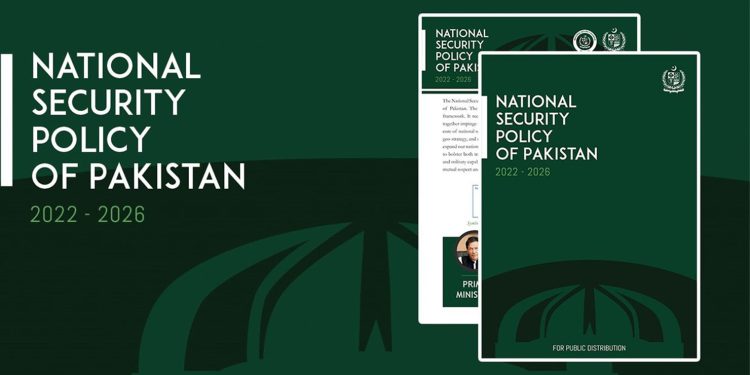Written by: Heraclitus Herac
In Pakistan, national security has always been of paramount importance, and rightfully so. After all, if the country remains safe, all other matters will also progress. However, the issue arises when we often treat security as an armored suit that cannot be penetrated by any form of criticism. In reality, if the fabric is weak, it needs mending, not branding the mender as a traitor.
It is a fact that there are certain restrictions on freedom of expression in our country, and speaking freely can sometimes be akin to bringing a lion by the tail. However, given the space available, if we speak within it, that may be a significant achievement in itself. But this does not mean that, under the guise of free expression, we should criticize in such a way that it undermines the very structure of the state. Criticize, yes, but it should not lead to further deterioration instead of fostering reform.
Now, let’s address this bitter truth that everyone knows but refuses to acknowledge—that some provinces are being deprived. Yes, this is also a reality. Repeating the song of everything being fine does not make everything fine. When issues of Balochistan are raised, the response is often, “Anti-national elements will take advantage.” When questions are raised about the deprivation of Khyber Pakhtunkhwa, the answer is, “The country is going through a critical phase.” And when the rights of Sindh are discussed, the reply is, “This is just politics.” It seems that any issue raised is either deemed anti-national, a political maneuver, or simply dismissed as someone not understanding the severity of the situation.
It is essential to understand that across the world, different ethnicities and languages coexist, and this reality is also unavoidable for Pakistan. Countries like India, Russia, and the United States have diverse ethnic groups, yet their national unity remains intact. If we were to adopt the principle of separation based on every ethnicity or language, a new country would form every few kilometers, and the world map would constantly be in flux. This is neither practical nor logical.
Our state institutions should not be so fragile that they panic at every criticism and label the person raising the question as anti-national. The public should also have the freedom to voice their rights, but to such an extent that this freedom does not morph into anarchy. To maintain national unity and stability, we need to keep our criticism constructive, standard, and occasionally humorous, as sometimes a dash of sarcasm can achieve what long-winded narratives cannot.
Note: The views expressed by the writer are not necessarily endorsed by “Qalam Club.”













